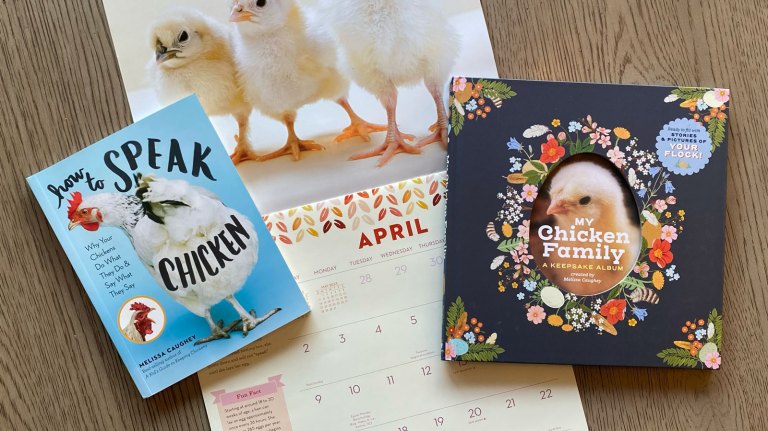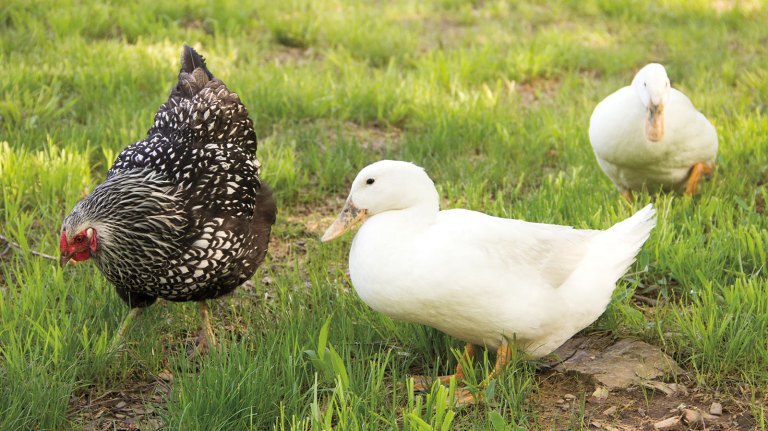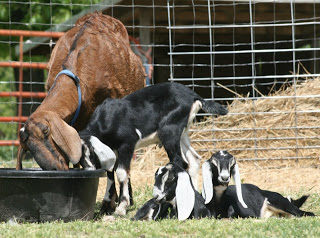Why Raise Chickens?
Besides providing breakfast, chickens can be rewarding homestead pets that bring you back to simpler times.
Why raise chickens? Because they’re the pet that makes you breakfast. They bring home good food and belly laughs. Chickens are quirky, beautiful, and oddly clever. They come in countless colors, shapes, and varieties, and there’s not a culture on the planet that doesn’t raise them. These hardy birds will teach you basic livestock handling and amaze you with their individual character traits. More good news: They don’t break the bank. A handful of chicks will cost less to purchase than a large pizza and require less effort than your house cat.
You in so far? Good.
Another reason to raise chickens is the quality of your own free-range eggs, which will bowl you over. No more watery whites and pale yolks. You are in for the richness of a country hen’s egg—eggs scientifically proven to be lower in cholesterol and higher in omega-3 fatty acids, keeping you and yours healthier with every new arrival in the nest box. Not to mention these eggs will improve your lovely baked goods and make your omelets tastier.
And my favorite reason to raise chickens: They add life and vigor to your home, turning houses into homesteads and children into naturalists. Pouring scratch grains into a metal bin, closing the coop door at night, mending a hole in the fence so the fox stays at bay—these actions connect us to our food and to our past. Trust me. It’s a better life that comes with morning clucks.
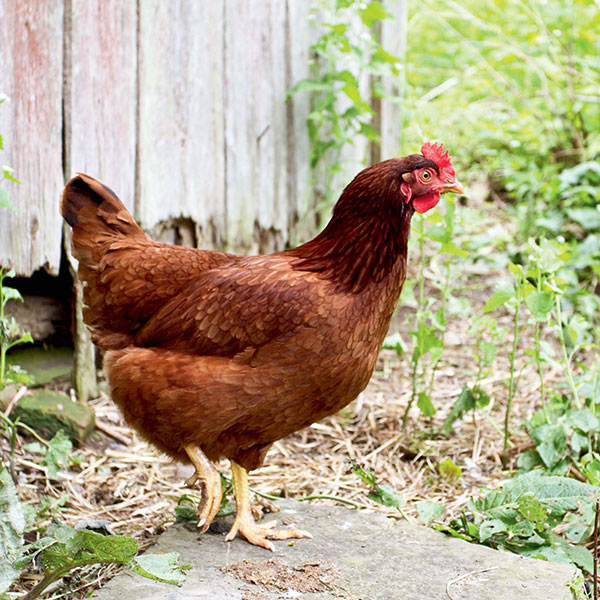
Contrary to popular belief, you don’t need to live down a country road to keep chickens. Even if you live on the corner of a four-way stop in Portland, given proper care and a little room to flap their wings these gals can adapt and thrive in any environment. What you do need is a little bit of space, some research, and a city ordinance that allows laying hens.
Turns out this isn’t asking too much because nowadays people are keeping chickens in places no one considers cliché. Young couples in suburbia have Ameraucanas perching on flowerpots and kids racing past Wyandottes when they fly out the back door to jump into the car for football practice. They’re keeping these birds because they want to know where their food comes from, sure, but they’re also keeping them because having chickens is fun and easy, and it’s hard to be bored mowing your lawn when a trio of hens is waddling behind you for the free salad bar.
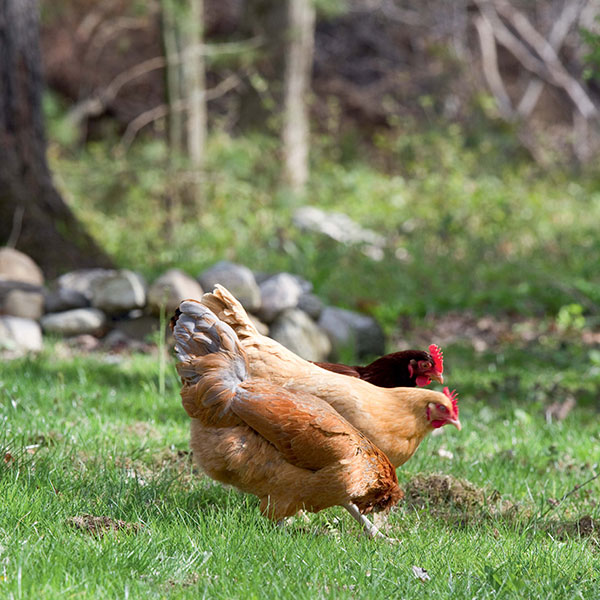
I started keeping chickens only four years ago. I’ve kept them in pens, hutches, “recycled” coops (a fancy way of saying a compilation of stuff from the dump), and on both coasts of this fine nation. In that short span of time, my life’s orbit has changed, based on keeping poultry, so any place I’ll call home will need to be egg-production friendly. The idea of a life without pullets in the spring seems depressing at best. Chickens have a way of taking you to another place. Something about a red hen bobbing her head past a kitchen window instills a familiar, if long-buried, comfort — a sense of home.
Chickens stand for a simpler life — a source of yummy natural food, sure, but actually having some in the garage changes you. For me they opened the door to organic gardening, sheepdog trials, pack goats, and canning in my August kitchen. I will never go back to that life before pullet was part of my vocabulary, and I don’t understand how anyone living within the right zoning codes can. They’re as easy to tend as a stray cat, and the time needed to take care of them daily amounts to what most people waste waiting in line for coffee. They’re funny and have their own individually quirky personalities that can’t help but grow on you. After a few springs of hatchery orders, I’m a convert turned preacher.
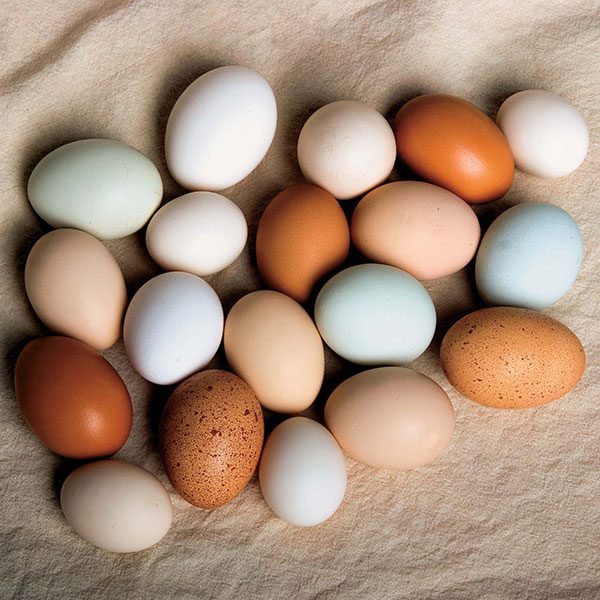
In addition to the benefits of surrounding yourself with a happy flock, keeping your own backyard chickens gives you the gift of beautiful, fresh eggs. The factory-farm norm behind supermarket eggs is a sad story. Confined chickens live out their lives at best in indoor barns that double as feedlots—or at worst in tiny wire cages. They live in a hell of stress and misery, and the end product is a shadow of the once-great egg. Factory chickens produce thin-shelled, yellow-yolked, slimy protein glop compared to the robust and hearty flavor of a farm-fresh egg.
When you keep your own chickens, you are choosing to walk away from the factory farms with their inhumane cages and amputated beaks. You’re taking back a little freedom—both yours and the chickens’—and it is delicious. In more ways than one.
Excerpted and adapted from An Absolute Beginner’s Guide to Keeping Backyard Chickens © Jenna Woginrich.







